On 28.4.22, our new online lecture series „Back to the Sources“, showcasing the historical sources and research results of MGH scholars and editors, resumes with Prof. Dr Eric Knibbs presenting new insights on Pseudo-Isidor.
And on 12.5.22, continuing the MGH series of „Lectures on the History of Medieval Research“, Prof. Dr Anne Nagel examines the activities of former MGH president Edmund Ernst Stengel in Marburg.
28.4.22: Who was Pseudo-Isidor?
For centuries now, historians have puzzled over the identity of the author of the greatest legal forgeries of the Carolingian Era, commonly known as Pseudo-Isidor. It wasn’t until the 17th century that the influential collections of Church law, asserting to be compiled by a certain Isidorus Mercator, were unmasked as forgeries. Although thorough research has brought much to light surrounding these forgeries, their author and his intentions remain elusive. While the question of Pseudo-Isidor’s identity was earlier often passed over in silence, even more recent studies have failed to produce convincing solutions.
In the meantime, the investigation of the sources used by Pseudo-Isidor has progressed markedly and is now able to provide some hitherto unconsidered evidence, allowing us to more clearly define Pseudo-Isidor’s ecclesiastical milieu and even tentatively identify the master-forger himself.
Eric Knibbs completed his Ph.D. at Yale University with a doctoral thesis on the early history of the archbishopric of Hamburg-Bremen. After a sojourn at the Stephan Kuttner Institute of Medieval Canon Law in Munich, he went to Williams College, Massachusetts, to take up a position as Assistant Professor for medieval history in 2012 and, in 2018, as Associate Professor with tenure. Since January 2019, Eric Knibbs is a member of the academic staff of the MGH.
12.5.22: „Bollwerk und Pflanzschule der exakten mittelalterlichen Forschung“ (A bastion and nursery bed of the exact school of medieval research) – Edmund Ernst Stengel and „his“ Marburg Institute for medieval history.
The lecture focuses on the expansion of medieval studies at the Philipps-Universität in Marburg under the direction of Edmund E. Stengel (1879-1968). Succeeding Albert Brackmann to the chair for medieval history in 1914, the later MGH president Stengel worked indefatigably to realise his scholarly goals. To these ends, however, he was also obliged to coordinate his activities and arrange himself not only with his university colleagues but also with the political leadership. The lecture examines some examples of what this exactly entailed.
Prof. Dr Anne Nagel completed her post-doctoral Habilitation in 2005 under Peter Moraw and published her thesis with the title: "Im Schatten des Dritten Reichs. Mittelalterforschung in der Bundesrepublik Deutschland 1945 bis 1970" (The long shadow of the Third Reich. Medieval research in the Federal Republic of Germany 1945 to 1970). Prof. Nagel is currently editing scholarly correspondence on a digital platform for the MGH as part of the collaborative project „Korrespondierende Wissenschaft“ (Corresponding research), funded by the Bavarian Staatsministerium für Wissenschaft und Kunst (state ministry for science and art).
The lectures will be presented on the online platform ZOOM on respectively Thursday, 28.4.22 (Knibbs on Pseudo-Isidor) and Thursday 12.5.22, beginning at 6 p.m. After receiving your registration, we will supply you with further information and the login password three days prior to the presentation. To participate, please register via email to annette.marquard-mois@mgh.de.


